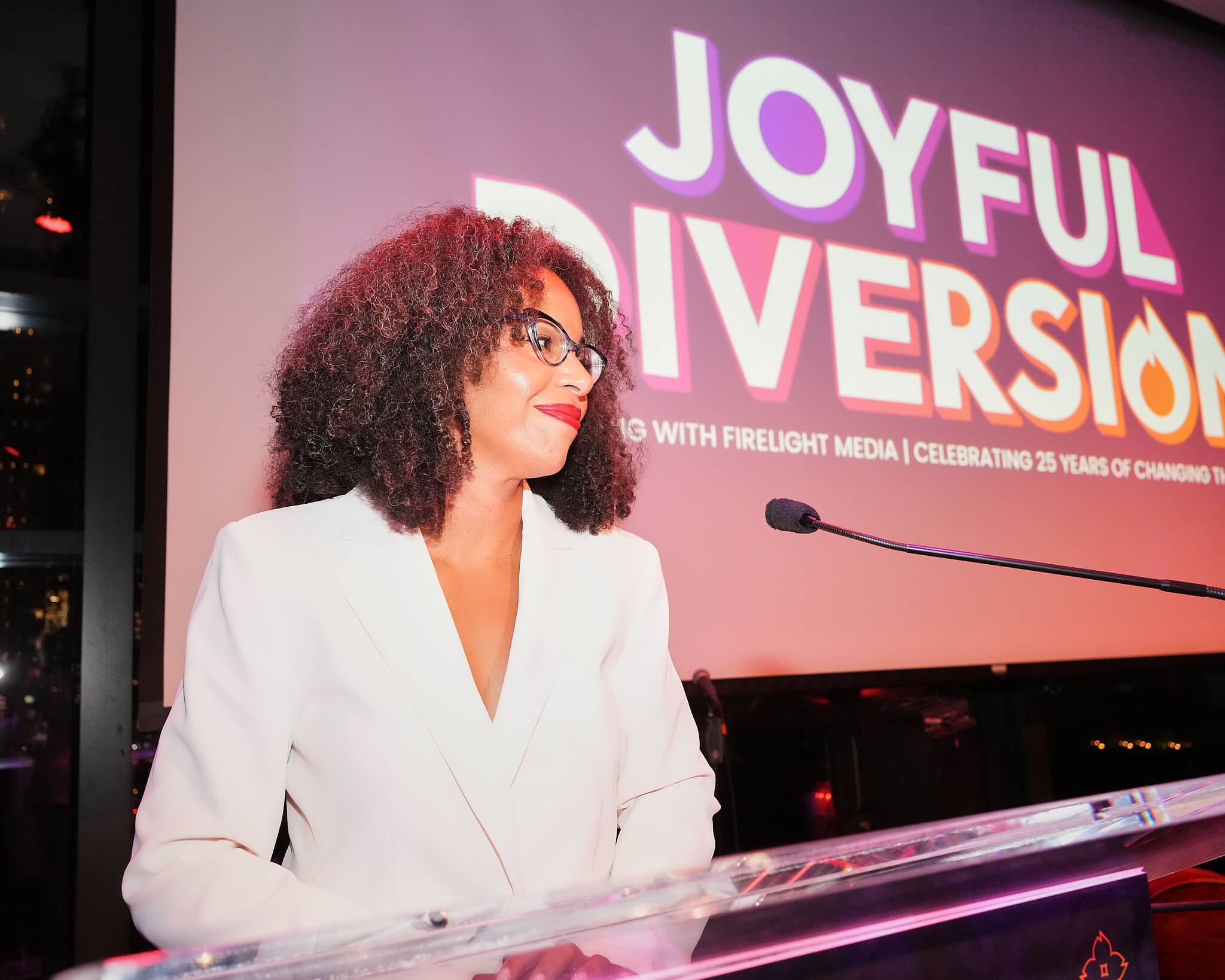The Fight Continues
I came to the inaugural Impact Producer Fellowship retreat feeling guilty. Four months after the election, my newly familiar feelings of despair and anger slowly subsided to a more dominant feeling of culpability — I was not doing enough.
That time I slept through an EPA protest, the frantic email about a family stuck at Dulles airport following the Muslim Ban that I saw an hour too late, not joining the three older Black women who sometimes protest outside of Trump Tower, and on and on. I average about three events/news articles a day where I turn my head down, shake it, and walk away feeling complacent, inadequate and guilty.
There is so much to do.
How do people fight for so long? Are they not tired? Am I the only one who is tired? What does winning even look like?
What is most insidious about this moment is the magnitude of danger that so many of us are facing. We, the non-white, poor, non-binary, not church-going, undocumented, same-sex loving, no land-owning, no penis-having people, also inhabit this land. We, who believe in science, self-determination, freedom and love.
Looking over the agenda on the plane from Washington, D.C. to Raleigh, North Carolina, I expected that my feelings of guilt and inadequacy would only magnify throughout the weekend. How can one not feel inadequate spending time with artistic geniuses, established impact producers and community organizers?
The first day alone was an overwhelming smorgasbord of people I had long admired. In the morning, I listened to Papa Firelight Stanley Nelson and Director of Partnerships and Engagement Sonya Childress talk about their prolific partnership. In the afternoon, I sat in awe of North Carolinians and their use of storytelling through Moral Movies to push against the regressive administration of former Governor Pat McCrory. I was energized by the vastness of their fight and their no-nonsense approach to take it all on. In the last four years, North Carolinians have pushed for Medicaid expansion when their former Governor refused federal funds, fought against an attack on voting rights, environmental deregulations, a proposed ban on same sex marriage, a push to limit abortion rights and House Bill 2, which effectively promoted discrimination in public places based on gender identity and sexual orientation.
The day ended with a discussion between Alvin Starks of Open Society and Cynthia Lopez, an all-around phenomenal woman and the former New York City Film Commissioner and Co-Executive Producer of POV who spoke about the urgent need for inclusive, progressive narratives and the imperative to fight for access and representation in the documentary field.
You would think that being surrounded by seemingly tireless organizers and creatives would push me farther into a guilt-ridden spiral. It surprisingly did the opposite. Between panel discussions, I had many honest conversations with my Impact Lab cohort and the Documentary Lab fellows. We talked about the present traumatic stress disorder of living in surveilled communities; about the pain of disappointing immigrant parents who only wanted a sit at the table for their children, but whose children would rather dismantle the inherently oppressive table; about filmmakers wanting to do right by their community but fearing for their protagonist’s safety; about the guilt that comes with wanting to get the story just right. Even our esteemed expert panelists spoke about their own trepidations and anxieties. Sonya, for example, led a thoughtful discussion about the emotional capital it took to impact produce Jonestown: The Life and Death of Peoples Temple.
These conversations were made easier by the picturesque surroundings of UNC-TV’s campus where we spent most of the weekend. Bright blue skies and sightings of geese, ducks, and deers made tough conversations easier to absorb and contemplate. I was reminded of Rachel Carson’s quote that “there is something infinitely healing in the repeated refrains of nature,” that contemplating the beauty of the earth brings reserves of strength.
The weekend was made complete by the hospitality of the Southern Doc Fund staff, the good people at Working Films and the veteran impact producers, media and marketing strategists, funders and filmmakers who joined us.
I came to the retreat with a tremendous sense of guilt and inadequacy and left renewed and affirmed. I left with a reminder that yes, the road ahead is long and tiring, but we fight. We fight not because we are guaranteed victory, but because our communities are worth fighting for. We go on, not because we see the light at the end of the tunnel, but because we simply refuse to live in darkness.
JUMOKE BALOGUN
From a groundbreaking report focused on ending the criminalization of LGBTQ youth of color, to an award-winning public history exhibition that debunked accepted truths about World War I, to a website that challenged the official government narrative of Hurricane Katrina, Jumoke Balgun has spent the entirety of her career finding compelling ways to elevate the dignity of people of color. She does this by writing, creating media strategies, and designing digital content that highlight the genius of the most impacted. She has done this on Capitol Hill, in rural Mississippi, upstate New York, Little Haiti in Miami, Seattle–Tacoma International Airport, New Orleans and at the White House. Currently a writer living in Washington D.C., Balgun was most recently an advisor to the U.S. Secretary of Labor in the Obama Administration and she is excited to gain new tools as a Firelight fellow.



.png)
.png)
STAY CONNECTED









